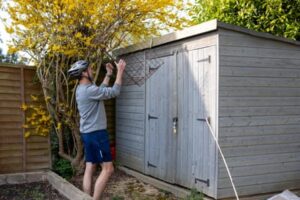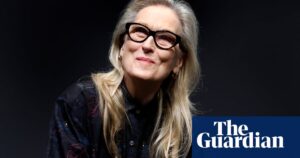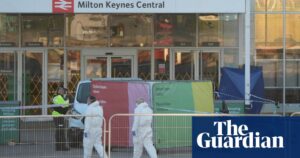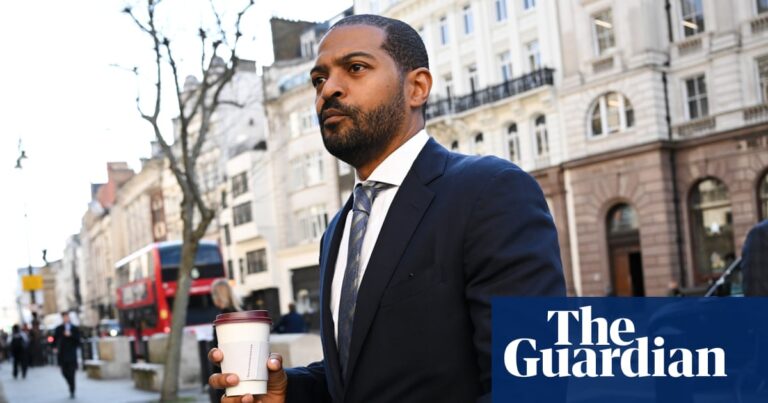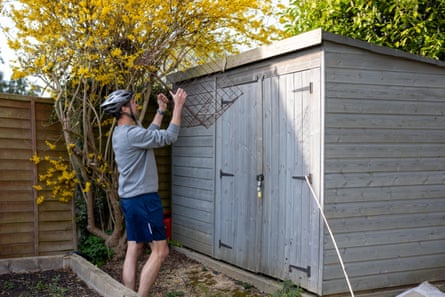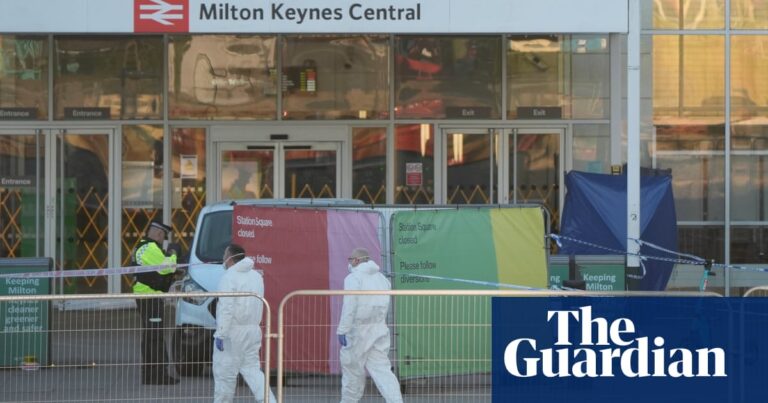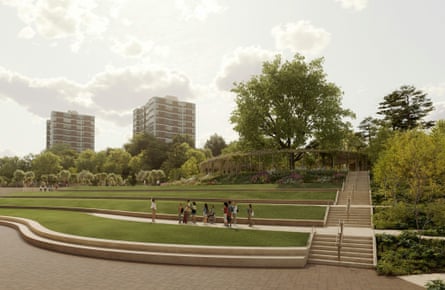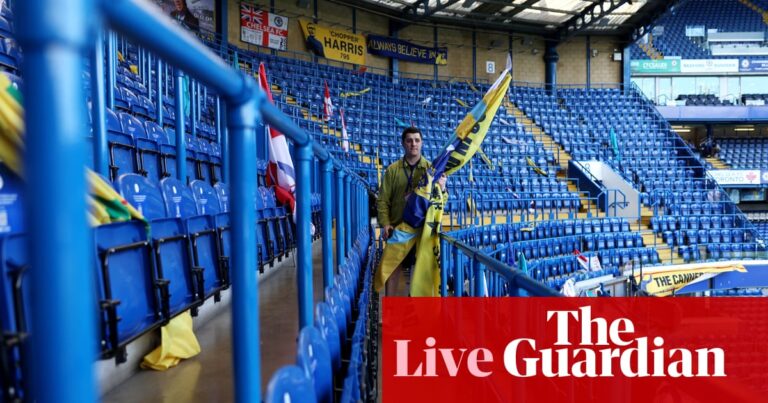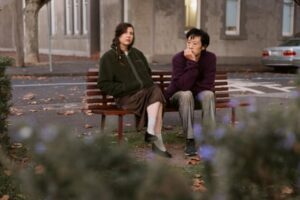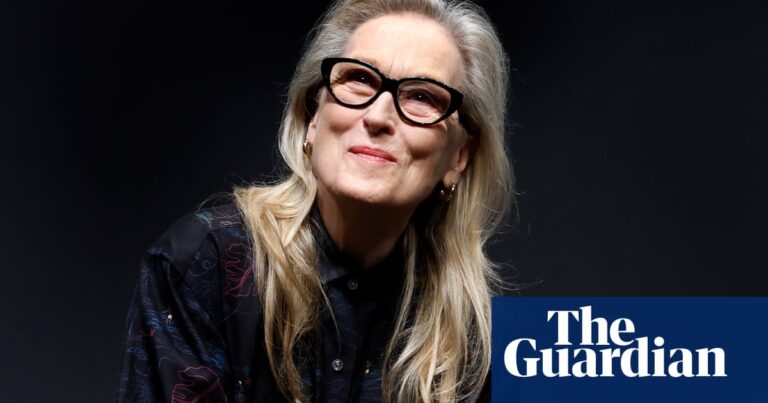Fourteen people have been found guilty of subversion by a court in Hong Kong in the biggest case against pro-democracy campaigners – against a group known as the “Hong Kong 47” – since China imposed a national security law to crush dissent.
A panel of judges handpicked by Hong Kong’s government found that the convicted people – one organiser and 13 candidates, almost all of them former politicians – had committed the national security offence of “conspiracy to subvert state power” by holding unofficial election primaries in 2020.
The 10-month trial finished in December, more than 1,000 days after the cohort were first arrested. Among the guilty are former lawmakers and activists including the politician Helena Wong, the veteran campaigner Leung “Long Hair” Kwok-hung, the journalist Gwyneth Ho, and the Hong Kong-Australian dual national Gordon Ng.
Condemnation from rights groups and western governments was swift. Human Rights Watch’s acting China director, Maya Wang, said the convictions showed “utter contempt for both democratic political processes and the rule of law. All Hong Kong wanted was a chance to freely elect their government. Democracy is not a crime, regardless of what the Chinese government and its handpicked Hong Kong court may say.”
Australia’s foreign minister, Penny Wong, said Canberra was “deeply concerned” by the verdicts and maintained “strong objections” to the broad application of national security legislation to target opposition and civil society.
The UK’s minister for the Indo-Pacific, Anne-Marie Trevelyan, said: “Today’s verdict will only further tarnish Hong Kong’s international reputation. It sends a message that Hongkongers can no longer safely and meaningfully participate in peaceful political debate.”
Two defendants, Lawrence Lau Wai-chung, a former district councillor, and Lee Yue-shun, a former social worker, were acquitted. The pair had run as candidates in the primaries and theirs are the first acquittals to be granted after a prosecution under the 2020 national security law (NSL). The justice secretary’s legal team said he would appeal against the acquittals, and the judges agreed to extend most of the pair’s stringent bail conditions in the meantime.
The 16 people were the only ones to plead not guilty from a group of 47 charged in early 2021 after mass dawn raids on their homes and offices by national security police. Most of the group have been in jail ever since. The 31 who pleaded guilty, including four who testified for the prosecution, are still awaiting the outcome of their cases. The judges had decided to complete the trial of the others before moving on to sentencing.
The 45 convicted campaigners face sentences of up to life in prison.
On Thursday morning all 16 defendants sat in the docks behind a glass panel as the three-judge panel announced the verdict.
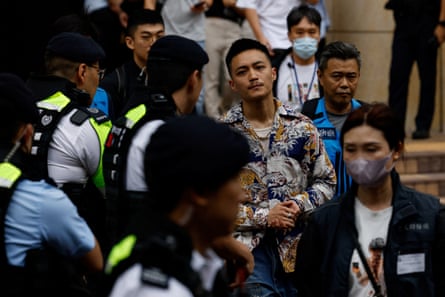
Outside court the acquitted men thanked their supporters and urged people to maintain their concern over the other defendants. Lau, a barrister, also urged people to pay close attention to the “reasoning, logic, [and] perspectives of our judges” shown by the verdict.
The judgment, published online, said the cohort’s plan to gain a majority in Hong Kong’s legislative council – in order to block budgetary bills and force the resignation of the chief executive if she did not agree to the pro-democracy movement’s demands – was a violation of Hong Kong’s mini-constitution, the Basic Law.
Any act that would “seriously interfere in, disrupt or undermine the performance duties and functions of the government was clearly an act which would endanger national security in Hong Kong”, it said.
It also set a significant precedent in finding that non-violent acts, like the primaries, could be considered subversion under the wording of the NSL.
The pre-election primaries were held on 11 and 12 July 2020, organised by Benny Tai, a legal scholar and activist who was also an organiser of the 2014 “umbrella movement” protests, for which he served four months of a 16-month prison sentence.
They were not the first primaries to be held in Hong Kong, including by pro-establishment camps, but they occurred less than a fortnight after the introduction of the NSL, imposed by Beijing to help Hong Kong’s authorities crush the remaining pro-democracy movement after mass protests in 2019.
In the days prior, the Hong Kong minister Erick Tsang warned in an interview that the primaries could violate the NSL. But organisers went ahead, and more than 600,000 Hong Kong residents took part, in what was widely interpreted as an act of protest against the government crackdown.
The election that the primaries were preparing for was later postponed by the government, ostensibly because of the pandemic. By the time it was rescheduled, the government had overhauled the electoral system to ensure that only pro-Beijing “patriots” could run.
Thursday’s guilty verdicts had been largely expected, but outside the court, supporters wept. Hundreds had attended the hearing, some lining up overnight to secure a seat. Grandma Wong, a well-known activist, waved a Hong Kong flag outside and shouted in protest.
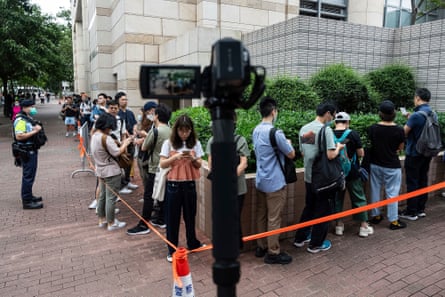
One supporter had arrived at 4am. “I want to go inside to show my support [for the defendants],” she said. “This is a case about the election and I think the government is putting some unreasonable charges against them, and it’s not acceptable.”
She declined to give her name for fear of being identified, but said she was not worried about attending court in support of the pro-democracy figures. “It’s our right to have an open court and to go inside and listen.”
The case has been widely criticised by human rights and legal groups and foreign governments. It has been accused of being politically motivated, and of denying procedural fairness with a judge-only trial that stretched out over the course of months with repeated delays.
The Hong Kong government crackdown has left the city with essentially no active political opposition. Scores of people have been arrested or jailed, others scared into silence. Many have fled overseas, including some who were facing charges. The Hong Kong government has issued large bounties for several “fugitives”, leading several countries hosting exiled Hongkongers to tear up their bilateral extradition agreements.
Source: theguardian.com




